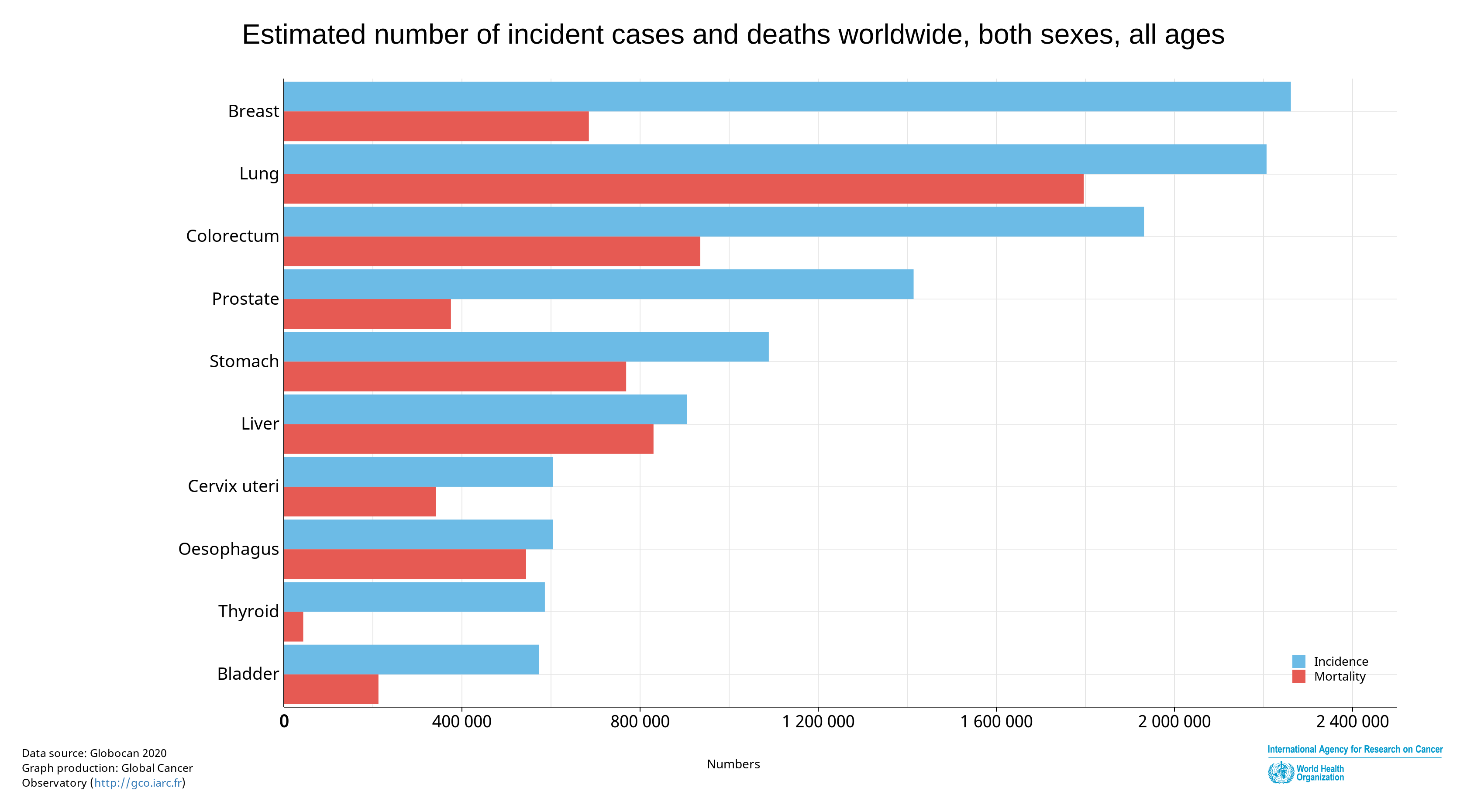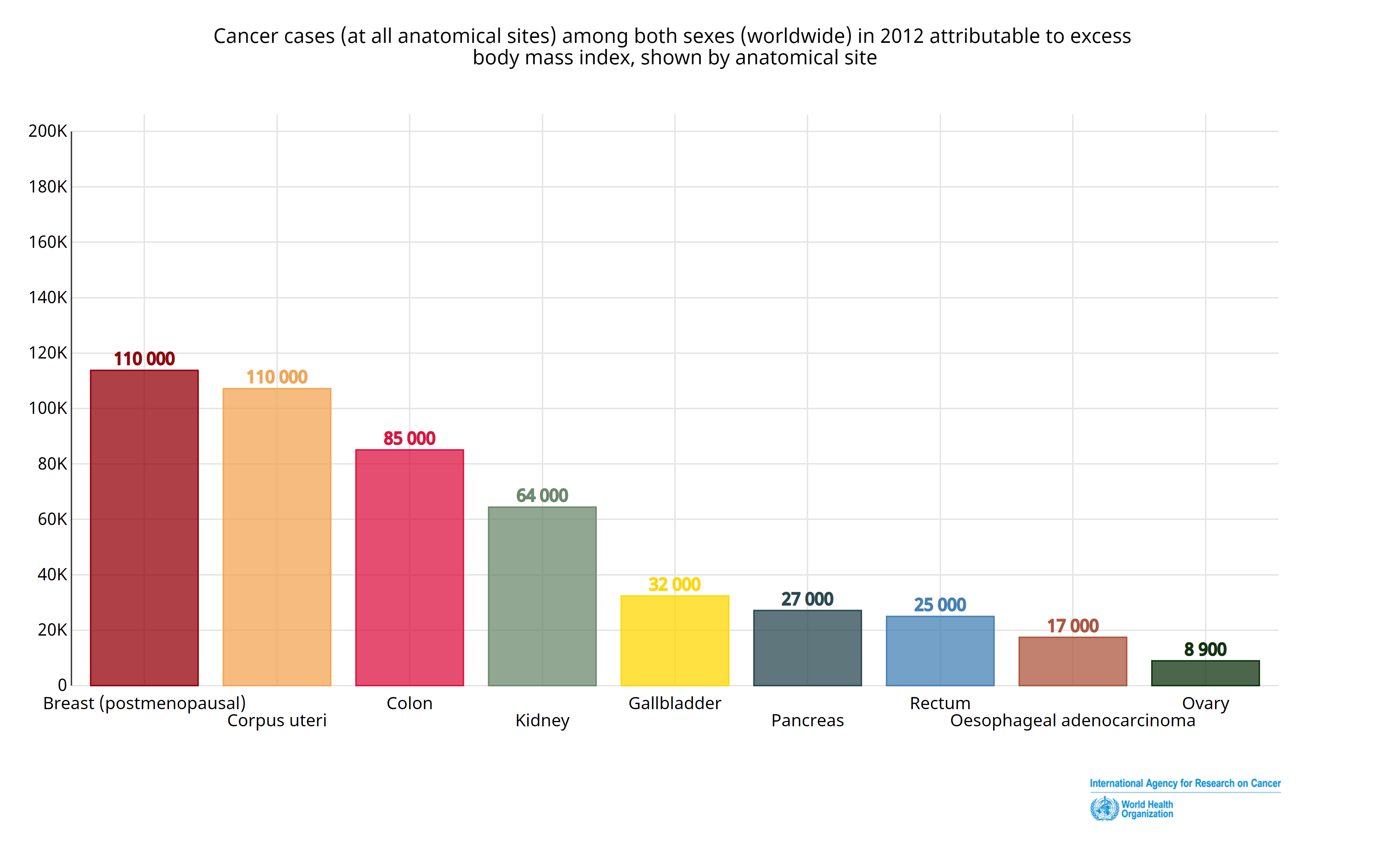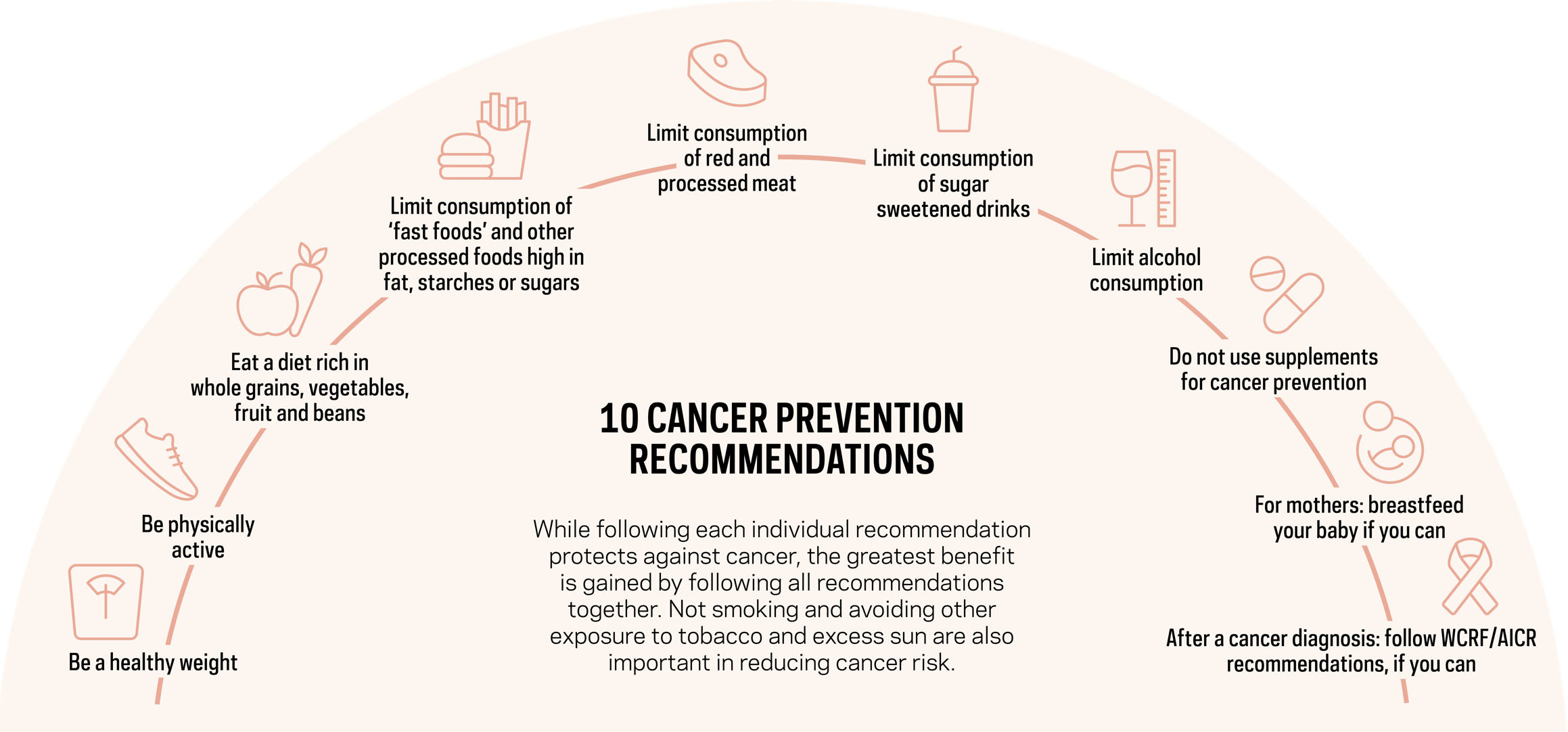World Cancer Day

World Cancer Day
"This year's World Cancer Day's theme, 'Close the Care Gap', is all about raising awareness of this equity gap that affects almost everyone, in high as well as low- and middle-income countries, and is costing lives" Union for International Cancer Control (UICC).
Statistically one in two people will be diagnosed with cancer during their lifetime [1]. At MedShr, we believe that sharing knowledge through case discussion can help clinicians to diagnose and manage patients with cancer, ultimately protecting and prolonging patients lives. These cases on MedShr can also raise awareness of the best ways to prevent cancers from developing such as lifestyle changes and vaccinations.
The two most incident types of cancer worldwide are breast and lung, followed by colorectal and prostate. Lung cancer has the highest mortality, causing the death of around 1.8 million people every year. The burden of this is felt disproportionately on disadvantaged populations [2].

Risk Factors and Prevention
Not all cancers are preventable, but many are. Lifestyle choices such as diet, alcohol consumption, tobacco and lack of physical exercise can dramatically increase a person’s chance of developing cancer. In women, obesity is a major risk factor for breast and endometrial cancer [4].

The World Cancer Research Fund and the American Institute for Cancer Research have put together 10 recommendations to prevent cancer. Regular exercising, avoiding excessive exposure to sunlight and breastfeeding are among the list. Doctors and healthcare professionals should keep them in mind when advising patients that might be at higher risk.

Vaccination is vital to prevent cancers caused by infectious agents. Vaccination against hepatitis B virus has reduced the number of primary liver cancer cases in children by up to 75% in Taiwan [5]. The World Health Organisation’s Cervical Cancer Elimination Initiative has as one of its pillars the vaccination of adolescent girls against HPV.
Screening programmes allow for early detection of cancer, when it’s easier to treat or surgical intervention can be more effective. Cervical cancer screening, in the form of pap smears, reduced the incidence of cervical cancer by more than 50% in some high-income countries that started the programmes in the 1960’s. The NHS in the UK is pioneering a lung cancer screening programme, still in trial stage, targeting people aged 55 to 75 who ever smoked [6]. The goal is to catch around 3,400 cases among 600,000 patients, many in early stages when more treatment options can be offered.
Equity in Care Access and the Skill Gap
Like many diseases, there is a striking inequality when it comes to access to the best cancer treatments. Oncologists can be rare in developing nations, with some countries not having a single one to provide care. This issue is further compounded by a shortage of supporting oncology staff [7].
We know there is not an easy solution for this problem. In countries where oncologists are in short supply, it is important that we educate and empower other physicians to manage these patients appropriately. The MedShr Oncology Case Discussion group is a place to share your experience diagnosing and managing cancer. We are promoting discussions on breast cancer cases posted by our global community of doctors. Join the discussion and help us reduce the care gap for cancer patients.

Loading Author...
Sign in or Register to comment